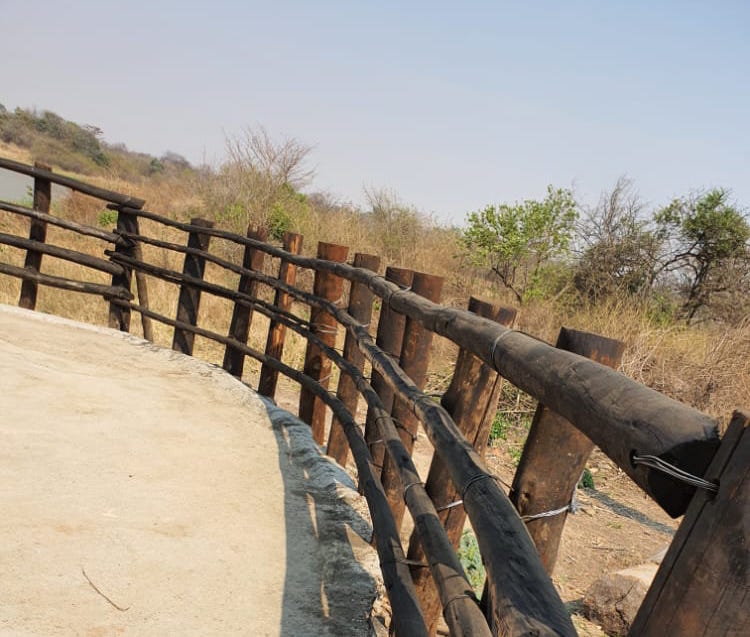|
Getting your Trinity Audio player ready...
|
By Nhau Mangirazi
HURUNGWE – The Department of Veterinary Services has challenged farmers to brand their cattle to guard against stock theft and illegal movement in disease-prone areas.
Mashonaland West provincial veterinary director, Thokozani Mswele, made the passionate appeal on Thursday in Tengwe under Chief Mjinga Ward 2 during the official opening of a dip tank this week.
‘‘The Department of Veterinary Services will enforce strict livestock movement control regulations seriously. To this effect, I urge you all farmers to ensure that all your cattle are branded to farm or Dip-tank of origin for easy traceability,’’ he said.
Mswele explained that diseases that are transmitted by ticks are commonly known as tick-borne diseases (TBDs) and rank highest on the list of diseases of concern to livestock in both the smallholder, communal sector, and the large-scale commercial sector in Zimbabwe.
‘‘Four TBDs (Theileriosis, Babesiosis, Anaplasmosis, and Heartwater) are of major concern in Zimbabwe. These four diseases account for over 60% of ruminant livestock disease mortalities recorded by our department. It is therefore imperative that Zimbabwe enhance its capability to fight the diseases as part of the effort to develop a lasting solution to challenges preventing the livestock sector from realizing its full potential,’’ he said.
‘‘Farmers are hereby urged to dip their cattle as stipulated by the department of veterinary services. It is an offence to fail to produce cattle for dipping on a stipulated dipping day,’’ he added.
Mswele said the government realized that most of the dip tanks are in a ‘deplorable state of disrepair.
‘‘We have embarked on a national dip tank rehabilitation excise and Mashonaland-West has been given a target to rehabilitate 109 dip tanks. To date, 23 dip tanks have been completed,’’ he added.
The farmers mobilized their own resources to gather iron bars and horizontal poles and cement whilst DVS chipped in with upright poles, roofing sheets, tie wires, and some cement.
‘‘The government, through its network of over 4000 dip tanks, will continue to manage cattle dipping in the smallholder sectors.
‘‘This will be done with the increased active participation of the smallholder farmers meant to benefit from this infrastructure as they get empowered with the necessary knowledge and skills to do farming as a business and thrive on their own with minimum support from the government,’’ said Mswele.
Mashonaland West province has a total of 451 dip tanks and 21 races and Hurungwe district has a total of 108 dip tanks and 1 race.
The province has a total of 465697 cattle that report to state-owned dip tanks with a total of 128 805 cattle from Hurungwe district.
Hurungwe East MP, Ngoni Masenda, called on farmers to work closely with each other to enhance development.
‘‘Zimbabwe’s economy is agro-based with more than 65% of the population deriving their livelihoods from agriculture and 40% of them doing livestock production. The livestock sector contributes 15-18% to the country’s agricultural GDP which in turn accounts for 21% of the national GDP and is set to increase its contribution to the GDP to 25% by 2025 in line with the National Development Strategy 1 (NDS1) (2021-2025),’’ said Masenda.
He added, ‘‘The country’s livestock growth plan 2020-2025 identifies animal health as one of the key intervention points requiring urgent attention to correctly position the livestock sector for making a meaningful contribution to NDS1,’’ added Masenda.
Hurungwe district development coordinator, Andrew Tizora, called on farmers to work closely with the extension workers to maintain animal safety and health.
”Farmers must learn how to appreciate animals’ health as part of livestock development. We must be proactive in dealing with any of the diseases affecting our livestock,’ ‘ said Tizora.
On the day, 40 farmers graduated in animal health training.






